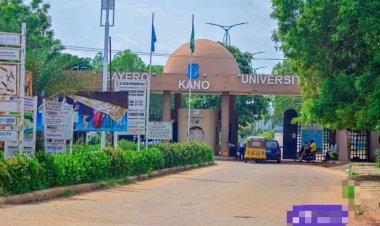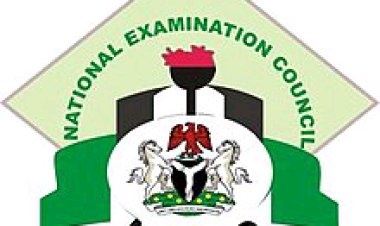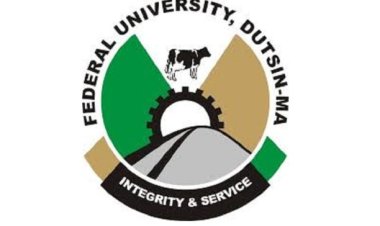Nwajioha Advocates Indigenous Technology Integration for Educational Transformation
Chijioke Godfrey Nwajioha, a distinguished academic consultant and Chairman of Gran Hermano Academy in Awka, Anambra State, has highlighted the potential for transforming the Nigerian education system by incorporating indigenous technology into the curriculum.
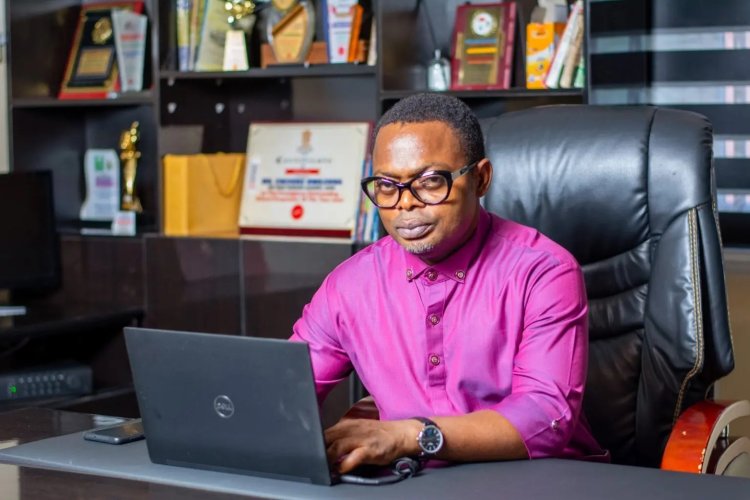
Chijioke Godfrey Nwajioha, a distinguished academic consultant and Chairman of Gran Hermano Academy in Awka, Anambra State, has highlighted the potential for transforming the Nigerian education system by incorporating indigenous technology into the curriculum. In an exclusive interview, Nwajioha emphasized the importance of adopting a comprehensive and inclusive approach to education, addressing challenges at all levels from pre-school to tertiary education.
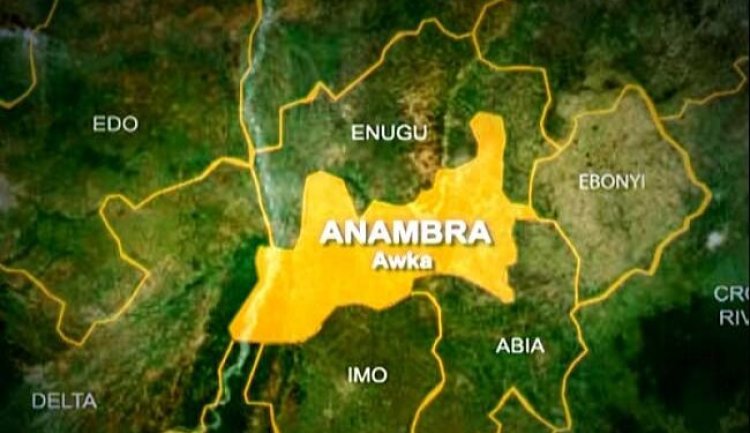
Speaking on government policies, Nwajioha stressed the need for a holistic strategy to enhance teacher quality, increase access to education, and provide adequate resources. He specifically highlighted the importance of investing in early childhood education, expanding access to secondary education, improving technical and vocational education, and ensuring access to higher education.
READ ALSO: A Secondary School Student, Chinenyenwa from Anambra, Wows Audience at Interswitch SPAK
Nwajioha also shared insights into the Nigerian government's four-year Strategic Plan for Education Development (SPED). While acknowledging its ambitious objectives, he cautioned that challenges such as limited funding, lack of qualified teachers, inadequate infrastructure, and political instability could hinder its successful implementation. He emphasized the importance of sustained commitment, sincerity of purpose, and concerted efforts from all stakeholders for the plan to achieve its goals.
On the issue of the "Japa syndrome" or brain drain, Nwajioha agreed with experts that addressing the phenomenon requires a multi-faceted approach. He highlighted the need to improve education quality, create job opportunities, address economic challenges, and foster an environment that encourages talent retention. Nwajioha also called for legislation prohibiting individuals without degrees from Nigerian institutions from certain government positions, aiming to prioritize the nation's education system.
SEE ALSO: Soludo Unveils Education Reforms in Anambra Following Release of Innovative Report
Regarding his efforts at Gran Hermano Academy, Nwajioha discussed challenges such as the shortage of qualified teachers, lack of infrastructure, and limited parental involvement. He outlined initiatives to address these challenges, including professional development for teachers, infrastructure projects, and raising awareness about parental involvement.
Discussing his 10-year experience at the academy, Nwajioha emphasized the importance of community partnerships, technological solutions, and fundraising to address challenges. He highlighted achievements in enhancing security, providing scholarships, and promoting a culture of safety and security in the school community.
FOLLOW THIS: Anambra Governor Unveils Education Overhaul
When asked about the academy's roadmap for producing reliable and accountable leaders, Nwajioha emphasized the commitment to academic excellence, condemning exam malpractice, and promoting integrity in the education system. He outlined measures to combat cheating, improve security at exam centers, and promote critical thinking skills.
Nwajioha also detailed collaborative efforts with international organizations, universities, and companies to expose students to global standards. He highlighted the academy's participation in international competitions and partnerships to provide students access to world-class resources.
In conclusion, Nwajioha reiterated the academy's commitment to scholarships for vulnerable students and emphasized the Nigerian government's recent emphasis on science and technology education. He stressed the importance of integrating indigenous technology into the curriculum, acknowledging ongoing efforts but emphasizing the need for further investment and collaboration for a sustainable future.
As Nigeria continues to grapple with challenges in its education sector, Nwajioha's insights shed light on potential solutions and the importance of a concerted, multi-dimensional approach to address the diverse issues affecting the nation's educational landscape.

 Mary Nwaeze
Mary Nwaeze 
